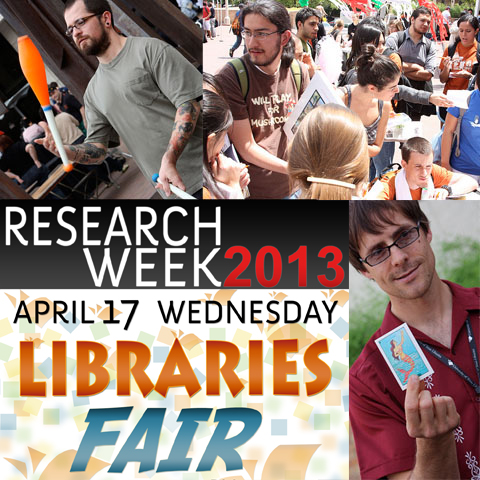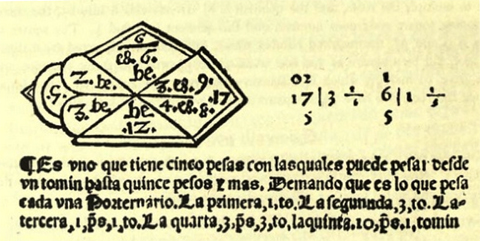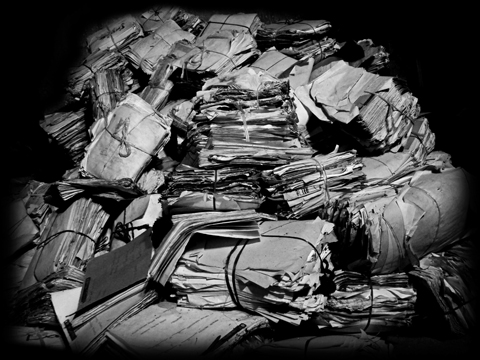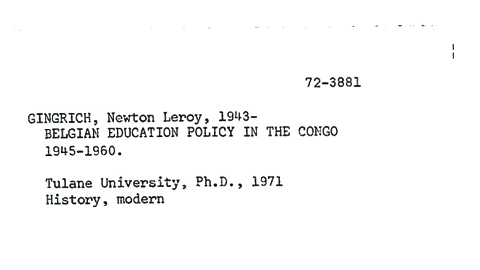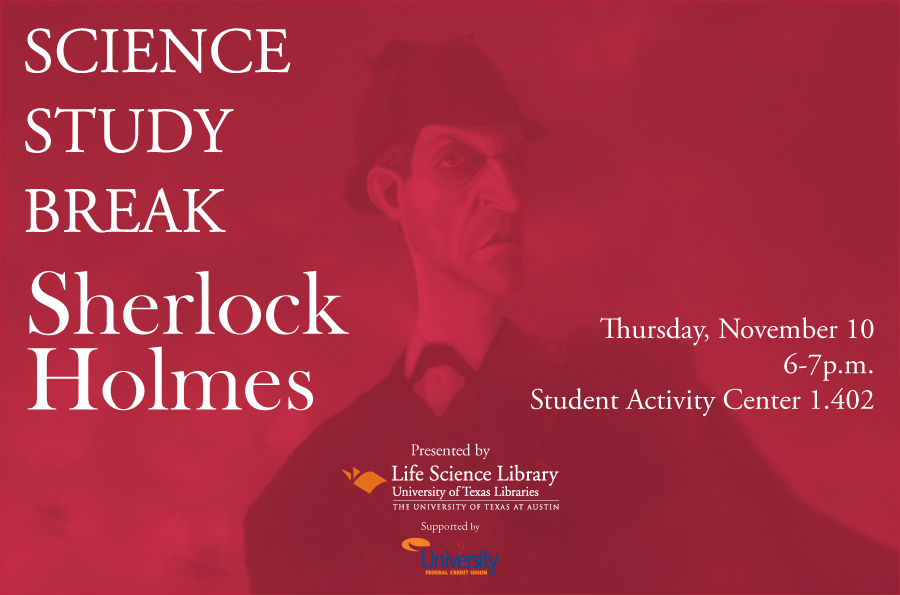%CODE1%
Over the summer, we had the good fortune of a particular inquiry that made its way to our Ask A Librarian service from a person looking for some answers that they deemed only a librarian might be able to provide.
That inquiry came from noted author and UT alum Sarah Bird, who while not penning her next novel, or writing a column for Texas Monthly, or contributing to any number of other publications, or even writing a screenplay…still has time to be a strong public voice for libraries in general, and the University of Texas Libraries specifically.
At the time, Bird was working on an article for Alcalde — the Texas Exes alumni publication — in which she was to detail the significance of the collections at UT to her work. She came to us looking for some examples to use in the article, and we did our best to assist with her needs.
It was a short time after the publication of that article — “My Life in the Stacks” — in the September/October issue of Alcalde that we were contacted by a producer from the Longhorn Network with a request to provide a spokesperson for the Libraries to be interviewed for a piece they were filming on Sarah Bird to take place in our very own Life Science Library. This was to be a segment on the recently launched LHN program “The Alcalde”…a half-hour television complement to the print publication.
As a result, the LHN expanded their segment on Sarah Bird to include the Libraries as a major component of the show.
It’s amazing what sort of impact a single happy patron can make.
%CODE2%


